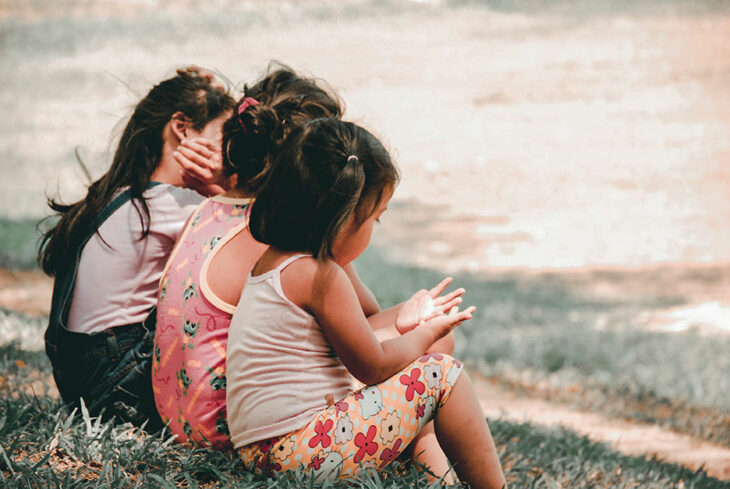I often hear the remark, “I don’t know how you do your job. I would not want to hear the stories that you must get.” Even worse, “Thank you for all that you do, but I could never do that.”
Talking about interpersonal violence can be difficult, but I am able to help kids in many ways in my role.
As the youth outreach educator for the Gulf Coast Center for Nonviolence, I talk about interpersonal violence with children, parents and adults who work with children. With younger kids, I often teach on identifying emotions, friendship and bullying. With teenagers, I often talk about healthy relationships, as well as dating violence, sexual assault and human trafficking. Regardless of the topic, I always discuss boundaries, personal safety and bystander intervention. I teach lessons in many different environments, including schools, after-school programs, community and religious organizations and professional settings. I am able to speak to any sized group in one-time trainings or in an ongoing capacity.
Here at the Center, we have a children’s counselor to provide mental health services, and we offer case management services and advocacy for the children we serve. We also have a therapeutic preschool for children who have experienced or witnessed domestic violence, sexual assault or drug use within the home.
Interpersonal violence, including domestic violence in the home, affects children and teens in various ways. Some children react with disruptive behaviors, especially at school or at home. Others internalize their feelings and develop unhealthy coping mechanisms. Some may set out to be high achievers in all they do.
Much like adults, youth will disclose abuse if they feel it is safe to do so. They will seek help from those who listen and are non-judgmental. Children often are torn and confused, just like adults. In reality, children still often love their parent, despite the abuse, just as adults may still love their abusive partners. Other times, children are unable to verbalize anything due to their level of development or not possessing the language skills needed. All of these responses are typical.
Interpersonal violence is preventable. Education and skill development in forming healthy relationships is essential. Changing societal norms and improving community responses are priorities. Above all, empathy is the key. Anyone can make a positive difference in a child’s life; all that is required is some basic knowledge about interpersonal violence and empathy. Interpersonal violence is a complicated issue to address with children, but not an impossible one.
Alicia Tarrant is youth outreach educator with the Gulf Coast Center for Nonviolence.


